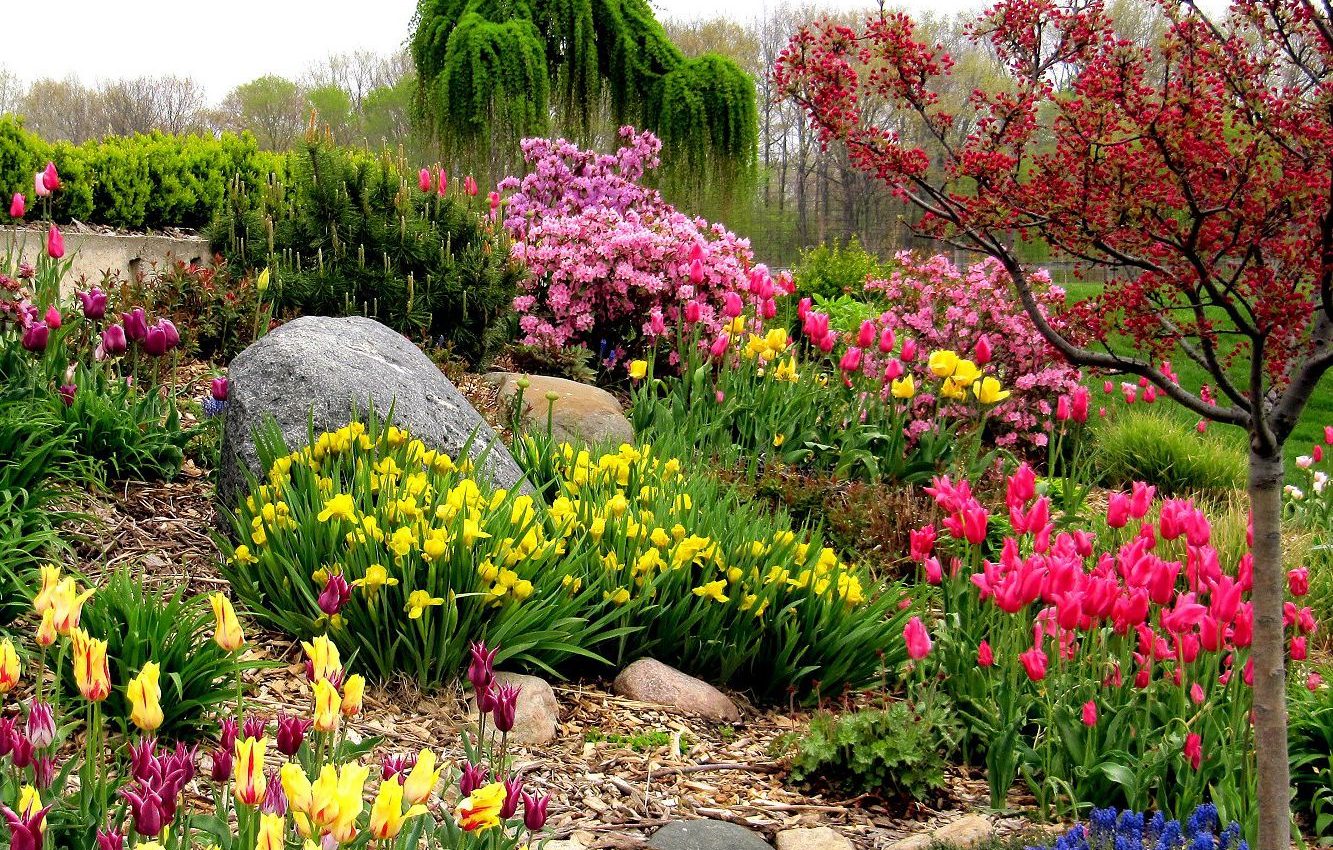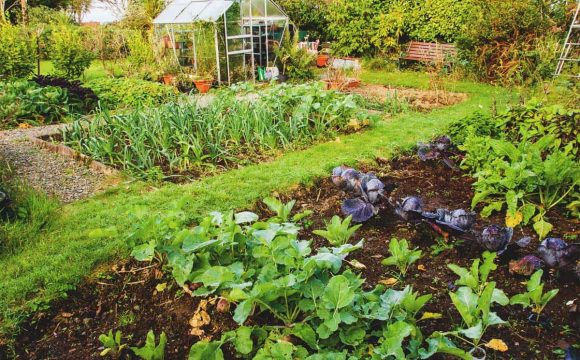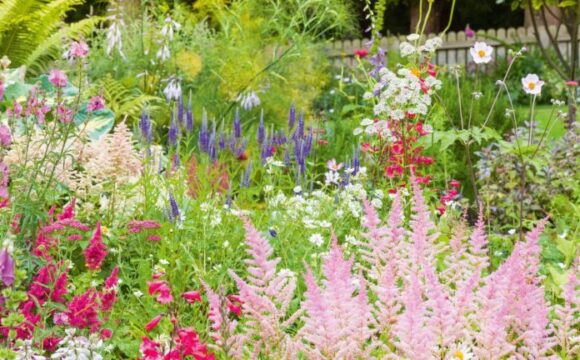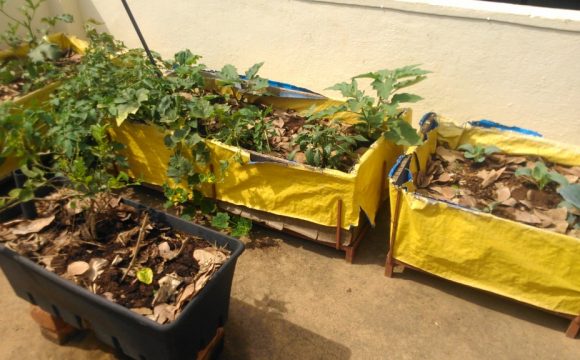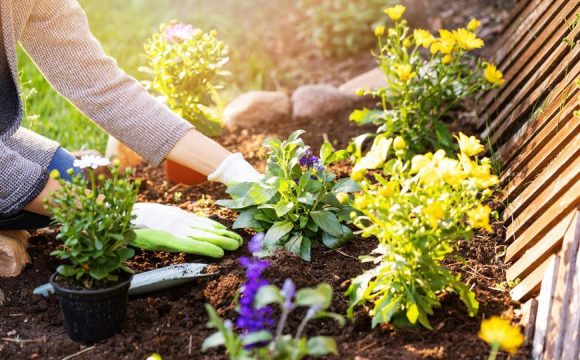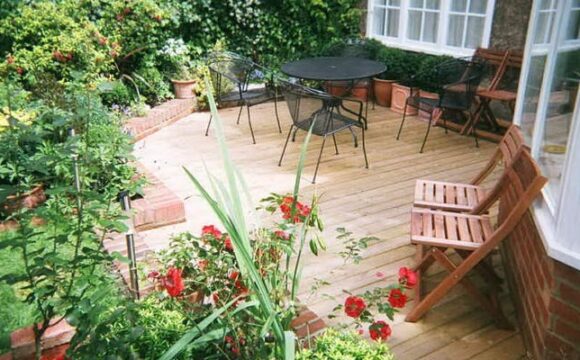Garden lovers tend to be drawn towards the idea of inviting wildlife of all types into their outdoor space. After all, it is a rewarding feeling knowing that you’re doing your part to help with the survival of some of the world’s wildlife species.
If you’re new to gardening, you may be unsure as to how to attract creatures to your garden and allow it to become their new home, but the good news is, that it isn’t as difficult as you may believe. In this blog, we’re going to look at some of the best ways you can encourage wildlife into your garden this season:
1. Leave the grass to grow
While you may be keen to keep your lawn neat and tidy, it’s unlikely you’ll attract much wildlife into your garden if you mow frequently, as the long grass becomes a habitat for different species. Plants are much more likely to spread and grow, while the likes of butterflies, mice and moles can hibernate and explore. If possible, aim to reduce the number of times per month you mow your lawn. An average of once every three weeks or so would be sufficient to ensure wildlife have the opportunity to blossom and explore.
2. Grow different varieties of shrubs and trees
If possible, aim to grow as many different types of trees and shrubs as you can around your garden to attract varieties of wildlife. Large bushes and plants can be used as a base for nesting, while many plant types produce seeds and fruit for birds and insects to eat.
3. Don’t forget pond filters
Ponds are a great feature for gardens of any size, but they require a great deal of maintenance to keep your pets and wildlife safe. Ponds filters are particularly important since they help to remove harmful pollutants and bacteria which could put creatures’ lives at risk. You’ll experience cleaner water quality which allows wildlife to lead a healthier and happier life.
4. Leave a gap in your fence for wildlife
If you don’t have small children or pets of your own which are likely to escape, leaving a small gap in your fence is a great way of inviting wildlife into your garden, rather than causing a blockage from one area to another. Hedgehogs, in particular, roam freely and if they happen to find a cosy spot, may resort to creating a habitat in your outdoor area. Hedgehogs are a significantly endangered species, with less than one million in existence today, so giving them the care and attention they deserve will help preserve this species for future generations.
5. Compost
Add plenty of compost to your garden waste; either in flower beds or pots where waste is present as this will spend up the decomposition process and reduce organisms such as fungi taking hold. Other benefits are that it acts as a mulch to quash weeds and improve moisture, as well as acting as a natural habitat for insects thanks to the warmth released through the process of decomposition.

